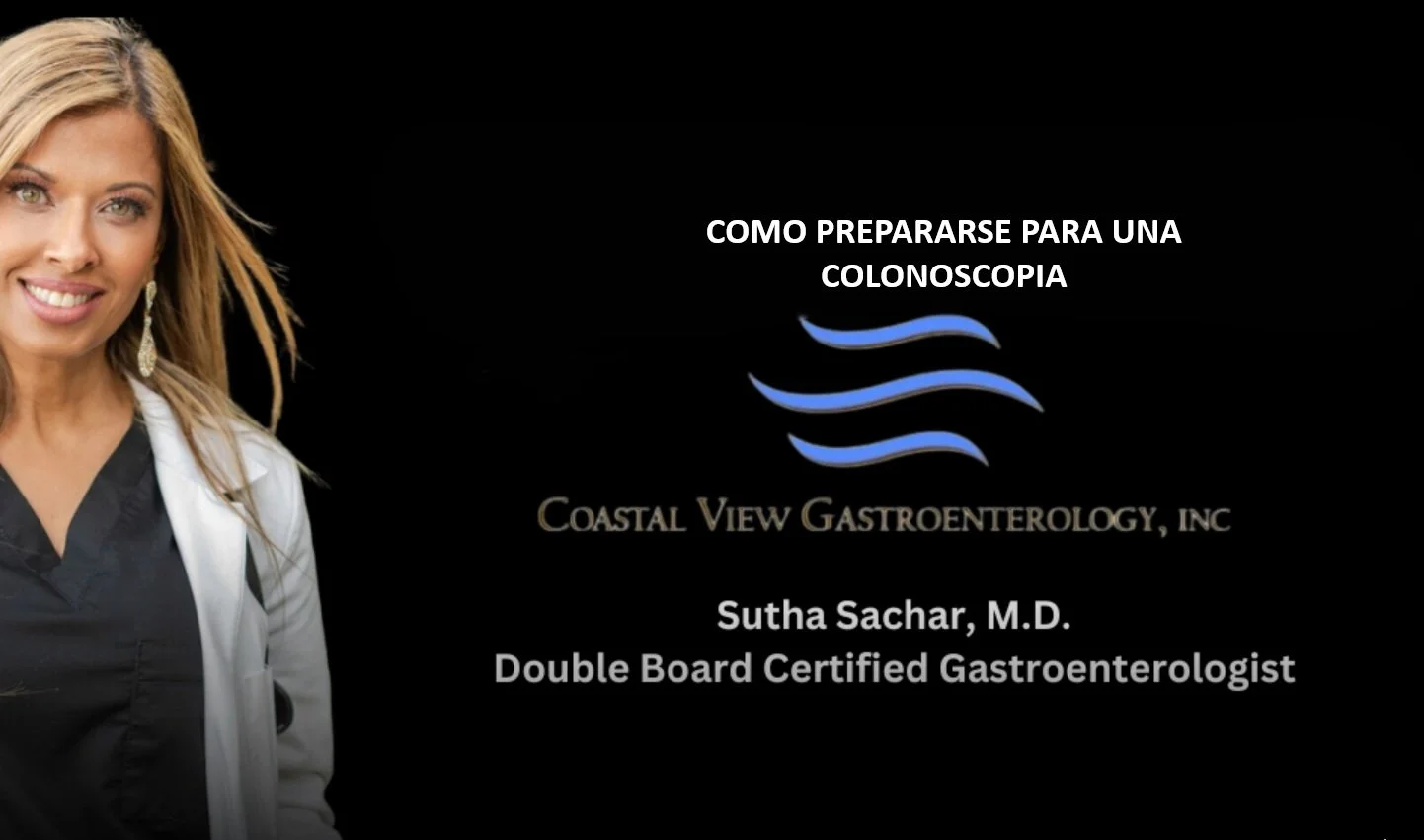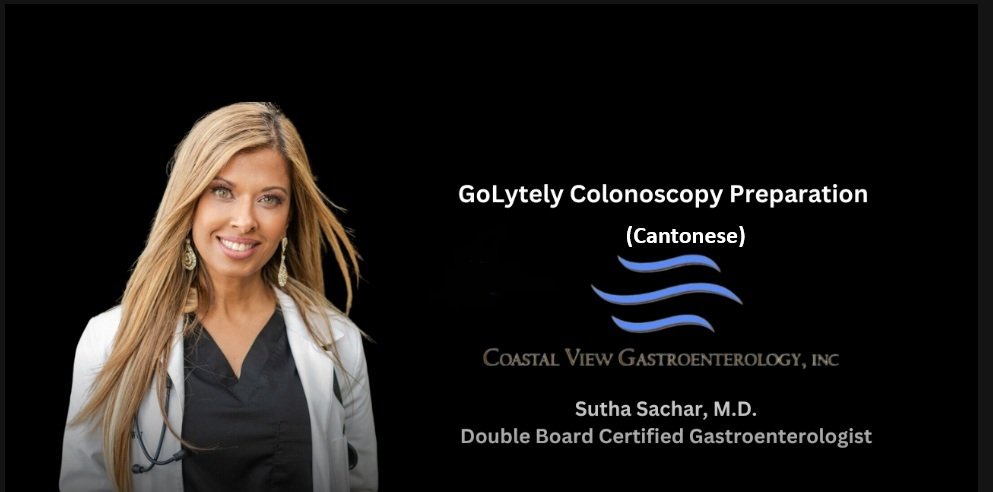Procedures Performed
Upper GI ENDOSCOPY (EGD)
The procedure called gastroscopy involves the placing of an endoscope (a small flexible tube with a camera and light) into the stomach and duodenum to search for abnormalities. Tissue samples may be obtained to check for H. pylori bacteria, a cause of many peptic ulcers. An actively bleeding ulcer may also be cauterized (blood vessels are sealed with a burning tool) during a gastroscopy procedure.
Nutritional Services
Dr. Sachar provides practical solutions to difficult dietary and nutritional problems. She will be able to provide you with written information about diet, nutrition, and eating that will help you manage your dietary and nutritional needs.
We can help you manage:
Fructose Intolerance
Lactose Intolerance
Irritable Bowel Disease
Coeliac Disease
Reflux
Chemical sensitivities
We will also provide a tailored program tailored especially for you so that you gain a complete understanding of which foods you need and the correct combination of foods you should eat. After meeting with us you will have a much better understanding on how to improve your overall well being.
How To Use Cologuard
Colonoscopy
Colonoscopy is a procedure that lets your doctor look inside your entire large intestine. It uses an instrument called a colonoscope, or scope for short. Scopes have a tiny camera attached to a long, thin tube. The procedure lets your doctor see things such as inflamed tissue, abnormal growths, and ulcers.
For detailed information about a colonoscopy procedure please click here
Suflave PrepARATION
Sutab PrepARATION
Women's Digestive Health Expert
Colon cancer is not a "man's disease" as many American's think. It is an equal opportunity cancer that strikes men and women equally. It is the #2 cancer killer. The majority of people are over the age of 50. However, it can be found in younger individuals who have a family history of colon cancer. The chance that an average risk woman will develop colon cancer in her lifetime is 5-6%. In its early stages, it typically produces no symptoms. Symptoms, when present, may include a change in bowel patterns (i.e. diarrhea and constipation), rectal bleeding, blood in the stool, unintentional loss of weight or new abdominal pain.
Flexible Sigmoidoscopy
This procedure is an internal examination of the lower large bowel (colon), using an instrument called a sigmoidoscope. This test can help diagnose: bowel obstruction, causes of diarrhea, colon polyps, diverticulosis (the presence of abnormal pouches on the lining of the intestines), and inflammatory bowel disease.
For detailed information about this procedure please click here.
Looking at the Bright Side
Colon cancer is preventable if men and women listen to their body's symptoms and get appropriate colonoscopies as recommended by their gastroenterologists. During a colonoscopy, pre-cancerous polyps , if found, are removed to decrease chances of developing colon cancer. The American Cancer Society and American College of Gastroenterology recommend that everyone gets a screening colonoscopy at the age of 50 or sooner if any of the above symptoms appear.
May be helpful in preventing colon cancer:
Reduction of animal fat in the diet
Increased vegetables and fiber in the diet
Perhaps an aspirin tablet each day
Calcium and the vitamin, folic acid

